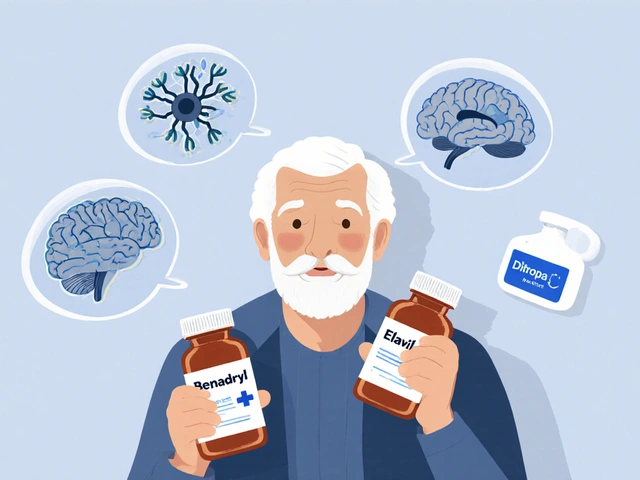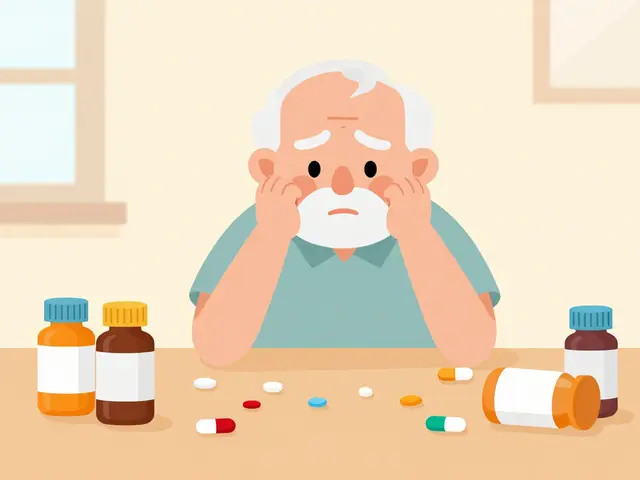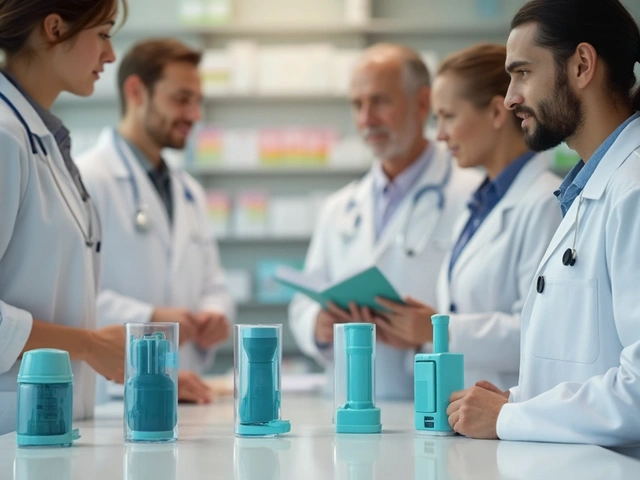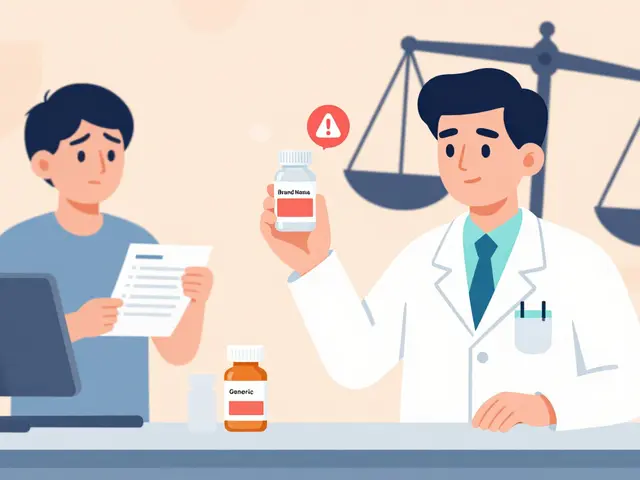Medication management: what to do, right now
Managing medicine isn't just taking pills on time. It's about staying safe, avoiding bad online pharmacies, keeping track of side effects, and knowing when to ask for a different treatment. Below are concrete steps you can use today to keep your meds working and protect your health.
Practical daily management
Make a simple medication list: drug name, dose, time, and why you take it. Keep a photo of the list on your phone and a printed copy in your home. Use a weekly pillbox or phone alarms so doses don’t get missed. If you take meds at different times, link them to routines—coffee, lunch, bedtime—so it becomes automatic.
Track side effects for two weeks after a change. Note what changed, when symptoms started, and whether they affect daily life. Share this clear log with your doctor or pharmacist—specific notes beat vague complaints. Don’t stop medications suddenly unless your prescriber tells you to. For some drugs (blood pressure meds, antidepressants, steroids) stopping abruptly can cause real problems.
Watch for interactions. Use a single app or ask a pharmacist to check all prescriptions, supplements, and OTC products together. Common risky mixes include nitrates with erectile dysfunction drugs, alcohol with certain heart or psychiatric meds, and lithium with some diuretics. When in doubt, ask.
Buying, switching, and storing medicines safely
When buying online, look for clear contact info, a physical address, and a licensed pharmacist available by phone. Legit pharmacies ask for a valid prescription. Avoid sites that sell controlled drugs without one or that are unusually cheap—if the price looks wrong, it probably is. Check for secure checkout (look for https) and read recent, detailed reviews rather than star scores alone.
Thinking of switching brands or trying an alternative? Talk to your prescriber about why—cost, side effects, or lack of effect. For antibiotics and other condition-specific drugs, alternatives exist but depend on infection type, allergies, and local resistance patterns. For chronic drugs (diabetes, asthma inhalers, heart meds) a prescriber can point to safe substitutes and monitoring needs.
Store medications where they stay dry and at stable temperatures. Avoid bathrooms and windowsills. Keep inhalers and biologics according to label instructions—some need refrigeration. Keep pills in original bottles when possible so you have the expiry date, lot number, and instructions.
Post-op and special cases: follow prevention steps for blood clots (move early, wear compression stockings if advised) and attend scheduled blood tests for drugs that need monitoring. For fertility, sleep aids, or mental health meds, expect follow-up plans—these treatments often need dose tweaks.
If something feels off—confusing labels, unexpected side effects, or a pharmacy you can’t verify—stop and call your healthcare provider or pharmacist before you act. Small checks today prevent big problems tomorrow.
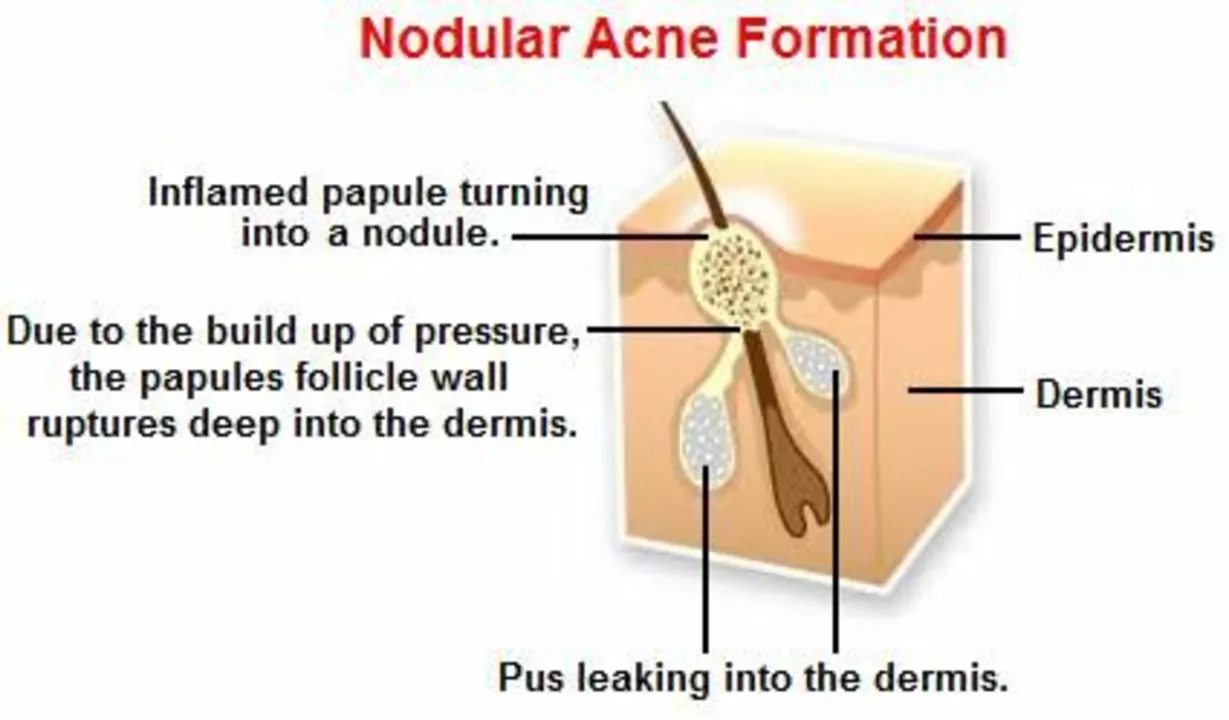
The Role of Hydration in Nodular Acne Prevention and Management
As a blogger, I've discovered the crucial role hydration plays in preventing and managing nodular acne. Keeping our body well-hydrated helps flush out toxins, maintain healthy skin, and reduce inflammation. Drinking enough water daily can significantly improve our skin's overall appearance and texture. Incorporating hydrating skincare products, like hyaluronic acid, also aids in maintaining our skin's moisture levels. So, let's prioritize staying hydrated for clearer and healthier skin!
View More
